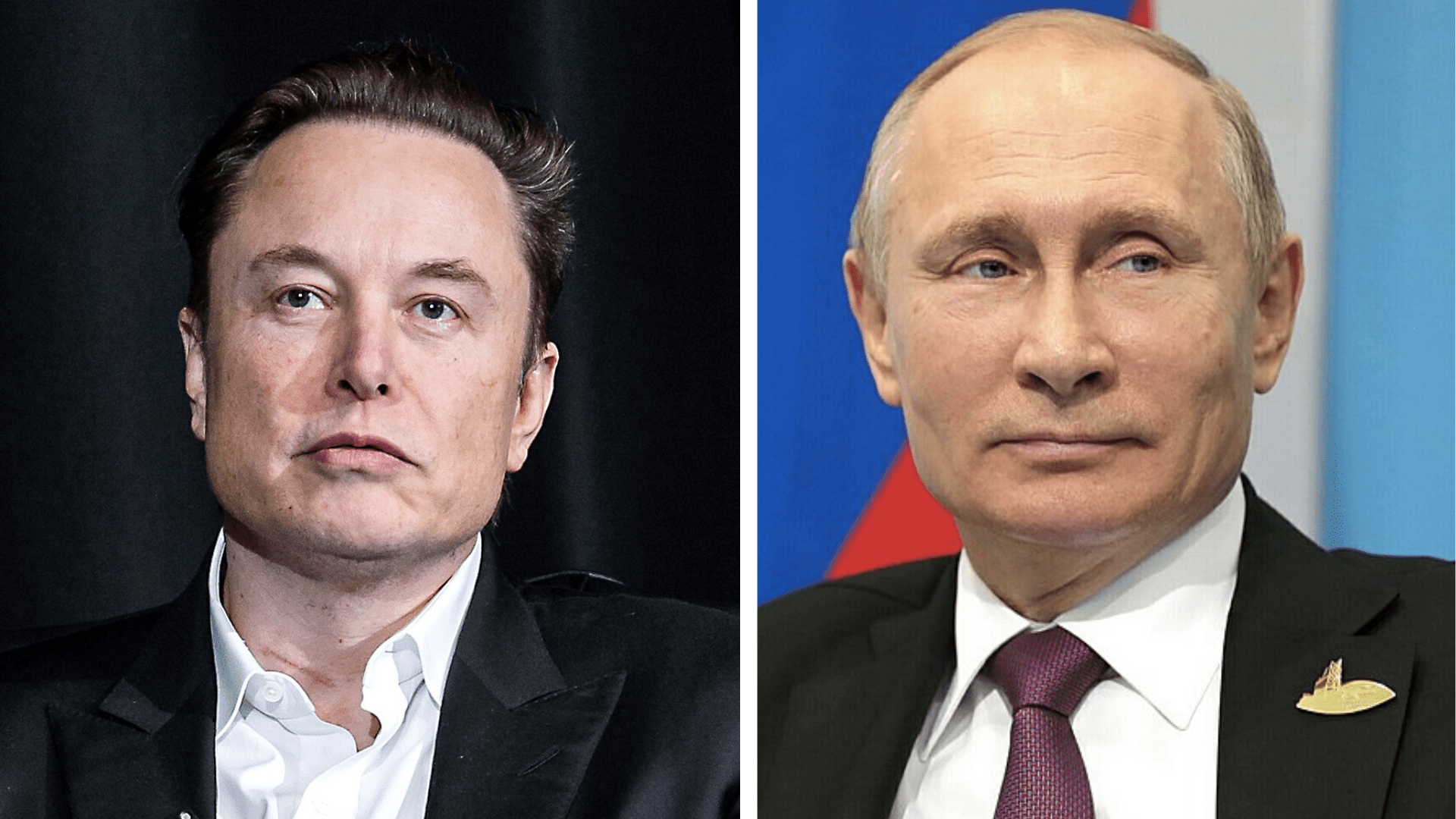

NASA's Moon program has come under fire for being disorganized and inefficient, prompting concerns about its future viability. Elon Musk, a key player in the space industry, is increasingly viewed as a potential threat to NASA's funding and initiatives. His influence in the sector is significant, especially as he continues to secure government contracts through SpaceX, which has raised alarms among lawmakers regarding national security implications tied to his communications with foreign leaders, including Russian President Vladimir Putin [38c5ecf8].
On December 4, 2024, Jared Isaacman, a tech billionaire known for his substantial investments in space travel, was nominated by Donald Trump to lead a new space initiative. Isaacman has previously made headlines for his private space missions, having traveled to space twice, and his nomination signals a shift in focus that could further challenge NASA's position in the evolving landscape of space exploration [14170c49].
The growing competition in the space sector, particularly from private entities like SpaceX and Isaacman's ventures, raises questions about the future of NASA's programs. With Musk's ongoing influence and the potential for reduced funding, the agency's ambitious goals, including lunar missions, may be jeopardized [14170c49].
As Musk continues to navigate his complex relationships with both the U.S. government and foreign powers, the implications for NASA and its Moon program become increasingly uncertain. The agency's reliance on Musk's technology for various missions, coupled with the political dynamics surrounding space exploration, highlights the precarious balance between public and private interests in this critical field [38c5ecf8].
In light of these developments, the future of NASA's initiatives may hinge on how effectively it can adapt to the changing landscape of space exploration, particularly in the face of competition from influential figures like Musk and Isaacman [14170c49].